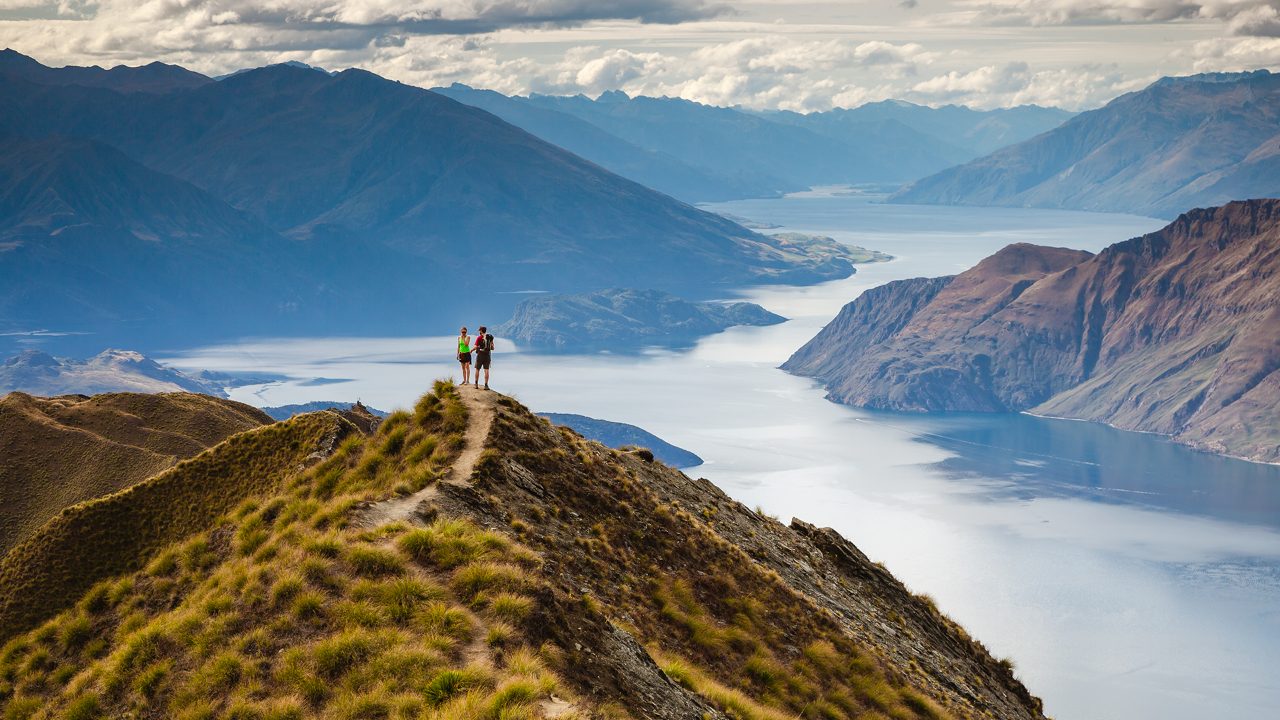Despite being renowned for its picturesque landscapes and commitment to environmental conservation, New Zealand has fallen short in Forbes Advisor's latest ecotourism rankings.
The revered list, titled "the best holiday destinations for nature lovers," placed New Zealand disappointingly in the 40th position, trailing behind the United Kingdom at 39.
Forbes Advisor, in its meticulous evaluation process, ensures that only safe countries are considered for the rankings. Countries marked as red unsafe zones on travelsafe-abroad.com are automatically excluded from the list.
Following this preliminary step, six essential data points are utilized to assess and assign a score out of 100 to each country.
Number of amphibia, birds, fish, mammals, reptiles and plant species
Number of protected species
Percentage of protected landmass
Number of UNESCO Natural World Heritage Sites
Environmental performance determined by factors such as air quality and the protection of land and species
CO2 emissions in tons per capita
Unfortunately, New Zealand's performance in these categories failed to secure a higher ranking, landing the country in a position that may come as a surprise to many nature enthusiasts. In contrast, the United States claimed the 16th spot, while trans-Tasman rivals, Australia, proudly secured an impressive third place.
At the top of the coveted list, Brazil proudly claimed the number one spot, closely followed by Mexico in second place. Forbes Advisor was quick to highlight Brazil's incredible biodiversity, boasting over 43,000 distinct animal and plant species despite facing significant deforestation challenges, particularly in the Amazon rainforest. The country has also devoted about 30% of its landmass to protected areas, encompassing eight UNESCO Natural World Heritage Sites. These efforts have led to the preservation of threatened species such as the Amazonian manatee and the black caiman.
New Zealand's specific ranking scores provide a glimpse into the factors that contributed to its placement on the list. With a biodiversity score of 3861 and a biodiversity density of 0.1 per 10km², the country certainly possesses natural wonders. However, its percentage of protected landmass stood at 33.4, and it had a relatively modest count of seven protected species and three UNESCO Natural Heritage Sites. On the environmental performance front, it managed a score of 56.7, and CO2 emissions per capita came in at 6.69 tonnes, leading to an overall score of 66.7 out of 100.











